
Pakistan Under Siege
Extremism, Society, and the State
Recommendation
For anyone reared in a secular society, Pakistan presents itself as a perplexing and deeply troubling place. Why do terror leaders get to live unpunished while blasphemy is punishable by death? Why are nonviolent Islamists – who nonetheless chant “Death to America” – targeted for suicide attacks by jihadists? In this detailed study of Pakistan’s past and present, scholar Madiha Afzal persuasively argues when and how Pakistan went off track, spelling out the many nuances of the country’s political sphere. She deftly charts the nation’s shift away from secularism and toward extremism in the 1970s and 1980s as religious liberty was quashed, free speech criminalized and school curricula dumbed down. Afzal then explains how Pakistan’s leadership might stop the bloodshed, while acknowledging that the political climate in Pakistan makes such commonsense reforms unlikely. An optimistic reader might agree with Afzal’s hopeful tone, but a pessimistic one will wonder what, really, can be done to fix a deeply flawed nation where Osama bin Laden hid out for years and opponents regularly attack government reformers.
Summary
About the Author
Madiha Afzal is a nonresident fellow at the Brookings Institution and an adjunct assistant professor of global policy at Johns Hopkins.








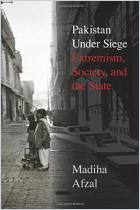
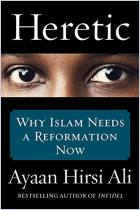
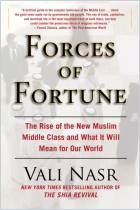
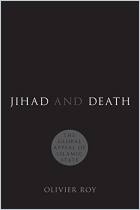
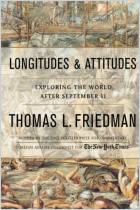
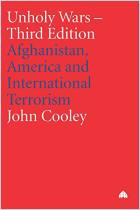



Comment on this summary or Start Discussion